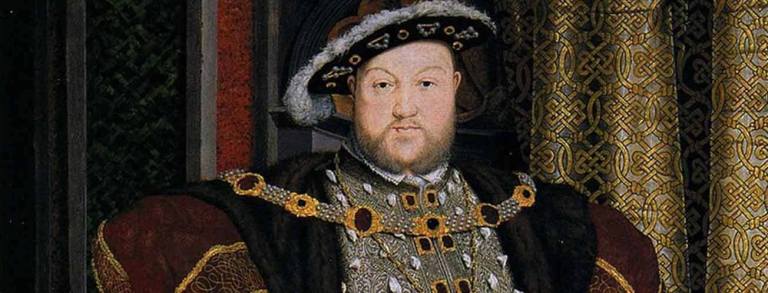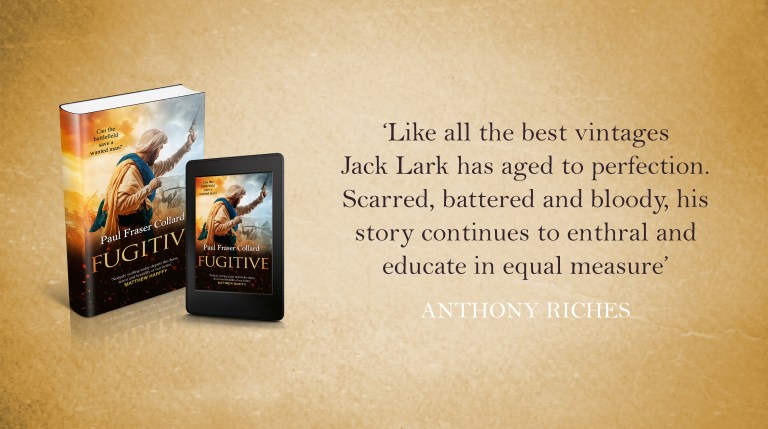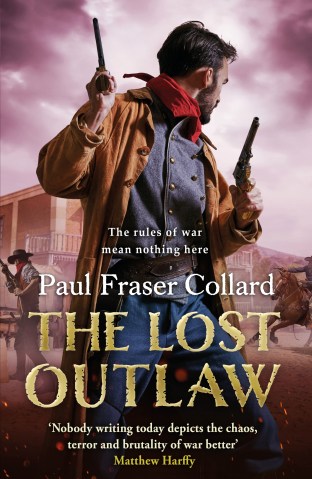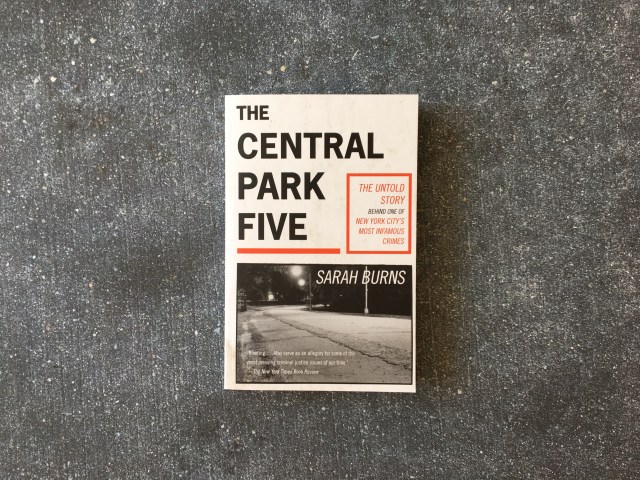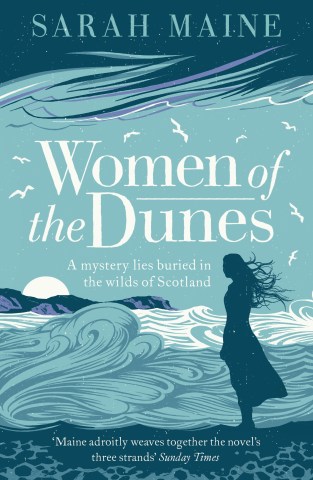Jack Lark’s Christmas – Paul Fraser Collard
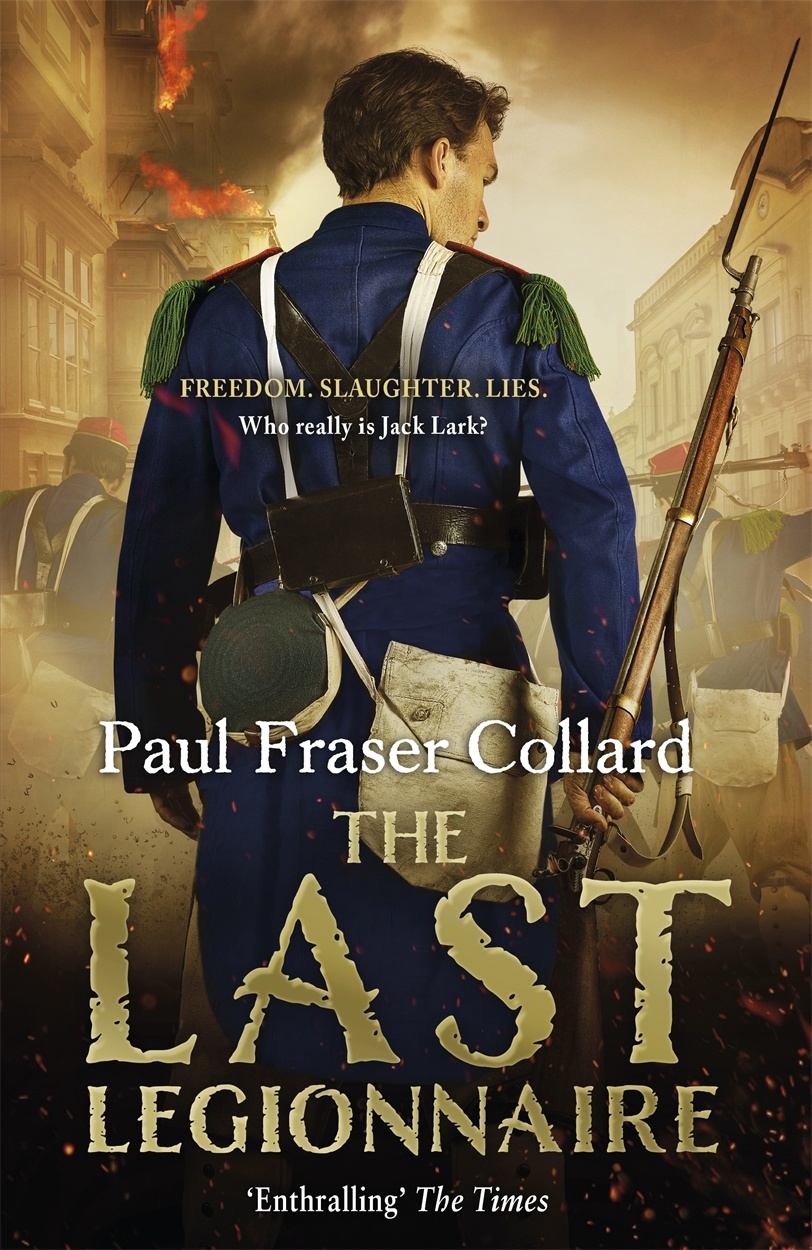
Jack Lark’s Christmas
Paul Fraser Collard explores Christmas for a Victorian redcoat soldier
Jack Lark awoke with a groan. Reveille was sounding, the bugler giving it a louder and longer flourish than usual. But it was not a day to linger under the blanket even though, like on a Sunday, he could have rested there for another hour. Already the chill barrack room was noisy, his messmates up and exchanging loud greetings, for once without their usual swearing and abuse.
‘Come on, Mud.’ Pike, the soldier who slept in the cot next to Jack, poked him hard in the ribs. ‘Up you get, you lazy sod.’
Jack wiped a hand vigorously across his face, then forced his body to move whilst doing his best to ignore the pounding in his head that doubled in force as he got to his feet. The previous evening’s drinking had started early and finished late, the men keen to enjoy the libations supplied by their company commander. Captain Sloames had been more than generous; the four crates of claret he had presented to his company had earned him a rousing ‘hurrah!’ at the previous day’s roll call. The men who shared the barrack room with Jack had been determined to finish off their allotted bottles the same day, lest another mess find a way to nab the precious wine.
Jack began the daily task of tidying his cot. It may have been Christmas Day, but some chores still had to be completed and the men would not be allowed out of the room until the barrack room corporal was satisfied that their kit was laid out as per standing regulations. But at least the barrack room looked ready for the day’s celebrations. The men had worked hard to make the place festive. It was decorated with emblems made from their bayonets and ramrods, and the men had clubbed together to buy a thick ream of paper from a shop in town, out of which they had cut crowns, stars and paper chains, which they had nailed to every surface available. The barrack room also now boasted a full beer cask that had been manhandled up the stairs the previous evening. Jack had been voted the mess beer orderly for the day and he was determined that the precious cask would not be broached until the bugle call for Christmas dinner, no matter how much his messmates whined.
‘Trussler!’ He shouted across at the room’s kitchen orderly. ‘Look alive-o there, man.’ He geed up the man whose job it was to run to the kitchen and collect the mess’s morning ration of thick, tarry tea and bread. Trussler was slow and Jack sorely needed a mug of tea.
A soldier on the side of the room facing the centre of the barracks threw open a window then stuck his head out and cheered as he spotted the regiment’s band marching on to the parade square. The band struck up ‘Cheer Boys, Cheer!’ as they arrived, the opening bars greeted with cheers and hip hip hurrahs that echoed around the barracks. Jack smiled as two of his messmates started to dance a wild jig, swinging each other around by the arm and shouting out the opening verse to one of the regiment’s favourites.
The smile widened as Pike tapped him on the shoulder and handed over a bottle of brandy, a gift from one of the local tradesmen who supplied the regiment. He took a slug of the rough spirit, welcoming the burn that slid down his throat. It was the first of what would be many drinks and served to remind Jack of the fun that lay ahead. For once, it was a good day to be a soldier.
The British Army of the Victorian era was often forgotten unless it was waging a war that the British public could applaud. Conditions were tough, with harsh discipline and rigidly enforced regulations making the lot of a soldier an unhappy one. Yet, for one day a year, the Army did its best to give its men a day of celebration.
The planning for Christmas Day started early in December when each barrack room elected a committee under the stewardship of the room corporal. This committee would elect men for the official duties of the day. Some, like Jack, were given the important task of purchasing and safeguarding the day’s supply of beer, wine and spirits, whilst others would be charged with serving and carving the midday meal that would be the finest the soldiers would get all year.
The committee would also try to ensure the day was carried off in a suitable style and those with enough funds would hire in tableware from a local public house. A few extra pennies would also be spent on decorations, with the ingenious soldiers creating a celebratory mood in their barrack room from anything they could get their hands on, from simple paperchains to more elaborate, and suitably martial, emblems and devices fashioned from their equipment.
The army would supply the food, although the men would have to sacrifice a few days’ pay by way of contribution. Some of the alcohol, and there would be a lot of alcohol, came from the men’s officers or from local tradesmen who benefited from trading with the regiment. The men bought the rest, the redcoats saving a penny here and a penny there to make sure they had enough pooled funds to ensure they would have sufficient beer, wine and spirits to last them the day.
The Army would also offer a rare display of forbearance in the attempt to give its soldiers a day to remember. Punishments were remitted and the cells cleared of prisoners. There were to be no drills or duties from Christmas Eve through to the end of Boxing Day, save for the mounting of sentries whose job it would be to keep the men inside the barracks and the public out. The most junior soldiers in the regiment would carry out these unpopular duties, although there was also a tradition of the Scottish soldiers taking them on in exchange for a celebration of their own at Hogmanay.
The one event that was not put off was Church parade, which took place around mid-morning. The men were not inspected, as was the norm, and even the most uncompromising colour sergeant would be expected to turn a blind eye to an unfastened tunic or poorly polished pair of boots. The largest body of men would be marched to their local church, but the Presbyterians and Roman Catholics were not forgotten and would be taken to their own places of worship.
After Church parade, the men would rush back to the barrack rooms to enjoy the main event of the day. Their Christmas meal would be served early in the afternoon and the men would enjoy a feast of beef, turkey, goose, ham, pork and sausage accompanied by roast potatoes, vegetables and any other delicacy they could lay their hands on. After the men had gorged themselves, they would be served mince pies and puddings as round and fat as a cannonball. Finally, each man would be doled out a share of oranges, apples and nuts. The fare would be washed down with the beer that had been guarded so carefully through the morning.
The drinking would continue, long after the remains of the meal lay congealed and cold on the plates. Men would drink themselves insensible, and the barrack rooms would soon stink of piss and vomit as they men refused to travel far from whatever drinks were left.
By the end of the day, the normally pristine barracks would be a shambles. Not a soul would be sober and, once the bulk of the eating and drinking was done, many would move outside to the parade square and surrounding barrack yards. There would be singing and dancing, and as much tomfoolery and japery as the soldiers could think up. There would also likely be a number of fistfights between men egged on by their drunken comrades. By the time night fell, the grounds would be littered with debris and with the bodies of those too drunk to make it back to their rooms. The day would finally draw to a close in the early hours of Boxing Day and only when the men ran out of drink.
Boxing Day would dawn and the officers, and their sergeants and corporals, would prepare to deal with the aftermath of the day’s celebration. Much of the day would see the tired, hungover soldiers putting everything back into order, the temporary suspension of duties replaced with a long, dull day of chores.
Despite the Army’s attempt at forbearance, the cells in the guardroom would still be filled way past capacity by those who had pushed the goodwill of their non-commissioned officers too far. Many of the men who had infringed military rules would be let off but, for some, the next weeks would be spent incarcerated as they awaited a formal court martial where the more severe Army punishments would be meted out.
The Christmas Day celebrations would be over for another year. Many would rue the day, but for most it would have been a day to remember and a memory to savour. Their lives would return to the ordered, unrelenting and merciless world of a soldier where their every moment was lived out under the implacable rules of military life.
Jack stood on the table and surveyed the wreckage. The barrack room was in a sorry state. Palliasses, blankets, spare shirts, fatigues, shakos, knapsacks, pouch-belts, cross-belts, pouches of pipe clay and every manner of soldiery accoutrement lay scattered in every direction. Only the muskets in their racks and the red coats on their pegs were untouched, the soldiers taking care of their prized possessions even when engaged in debauchery.
He knew he was three sheets to the wind, but he did not give a fig. He wore a crown made from paper and decorated with hazelnut husks and orange peel, and he could not recall a time when he thought he had looked as fine as he did at that moment.
It had been a good day. Captain Sloames had paid them a visit and even the Colonel had stopped by for a glass of beer. When the officers had duly departed, the men had been left in peace to consume the stock of beer, wine, sherry and spirits hoarded for the day.
‘The Queen!’ He bellowed the toast then downed the last of the brandy from the bottle he was holding.
‘Shut yer damn muzzle, Mud.’
The slurred reply was all the response Jack was going to get. It came from his friend Pike who was scraping the last vestiges of fat from one of the many porcelain plates left scattered across the mess room table.
‘No, Pikey, I won’t shut up.’ Jack waved the now-empty brandy bottle at his messmate. ‘This has to be said.’
‘Go on then!’ Pike’s mouth worked hard on a lump of gristle. ‘Say it, but make it quick, there’s a good fellow.’
‘I will.’ Jack surveyed the room. Less than half its occupants were left. A good dozen had abandoned the mess and now caroused around the barracks. He could hear them singing, or at least, he thought the odd bawling sound was singing. A number had finished their day in the barrack’s cells, their larks and japery pushing the good spirits of their non-commissioned officers too far. It was a day of celebration, but the military rules that governed the lives of the Queen’s soldiers were implacable and at least one of Jack’s messmates would find themselves facing a district court martial.
Yet Jack had no thoughts of such a dire future. As he surveyed the half-empty room he thought only of his mates. And he thought of his home.
‘Now then.’ He tottered dangerously close to the edge of the table as he addressed the room. ‘You all know me. I ain’t one to mince my words.’ He paused in mid-flow. He looked at them then. Trussler was there, a serene smile plastered across his face. Pike was looking up at him, a thick smear of gravy across one cheek. The others who were still awake were watching him closely. They were an odd lot. They were society’s rejects, the misfits, the unwanted and the desperate. Yet they were all redcoats and together they shared every hardship the Army could throw at them. They were more than just messmates, more than just friends. They were his family.
‘Here’s to us!’ The words came out in a rush. Emotions he had not felt before stirred deep inside him. ‘The world fears us, and the bloody country hates us, but I ain’t never been so proud as I am today. So here’s to us! Here’s to us redcoats and damn all who stand against us!’
‘Redcoats!’ The men in the room picked up the word and bellowed it back at him. It was who they were and no matter what state they were in, every man felt the same pride.
They were drunk, but they were the soldiers of the Queen. They were the feared redcoats and woe betides any man who ever stood against them.
Paul Fraser Collard is the author of the Jack Lark series of novels – the latest The Last Legionnaire is out in paperback and The True Soldier is out in hardback now


